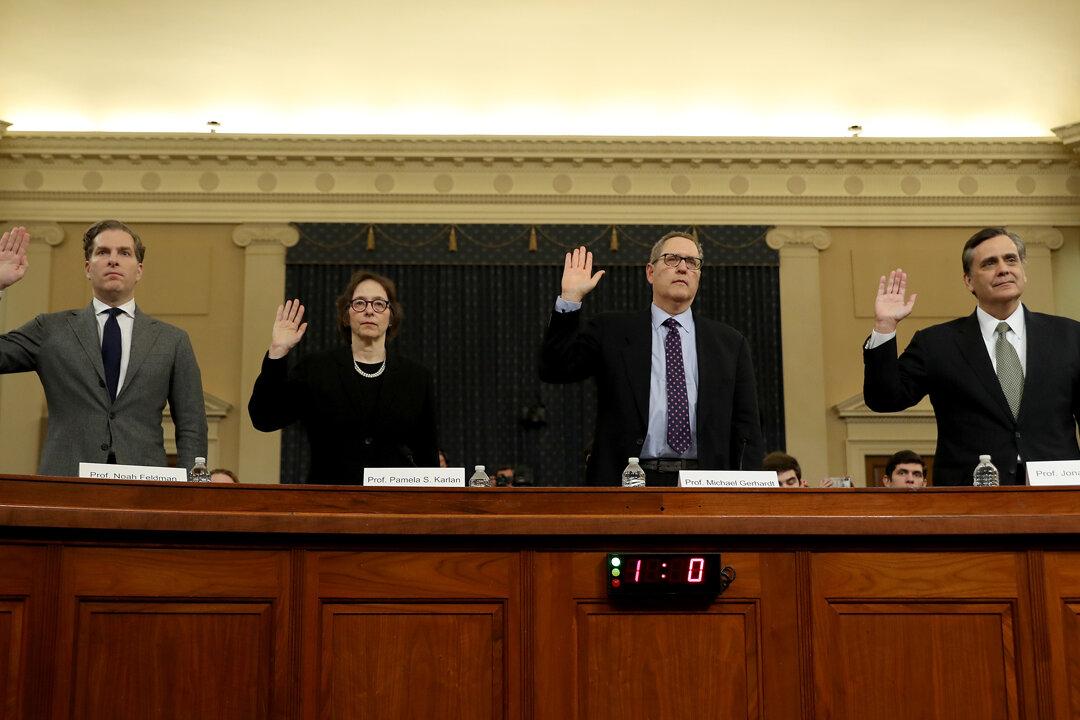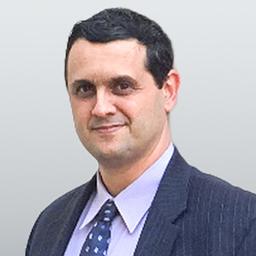Commentary
As the impeachment fiasco continues, legal scholars have weighed in and taken sides. Most recently, one such group enlightened everyone with a joint letter supporting the president’s impeachment.


As the impeachment fiasco continues, legal scholars have weighed in and taken sides. Most recently, one such group enlightened everyone with a joint letter supporting the president’s impeachment.